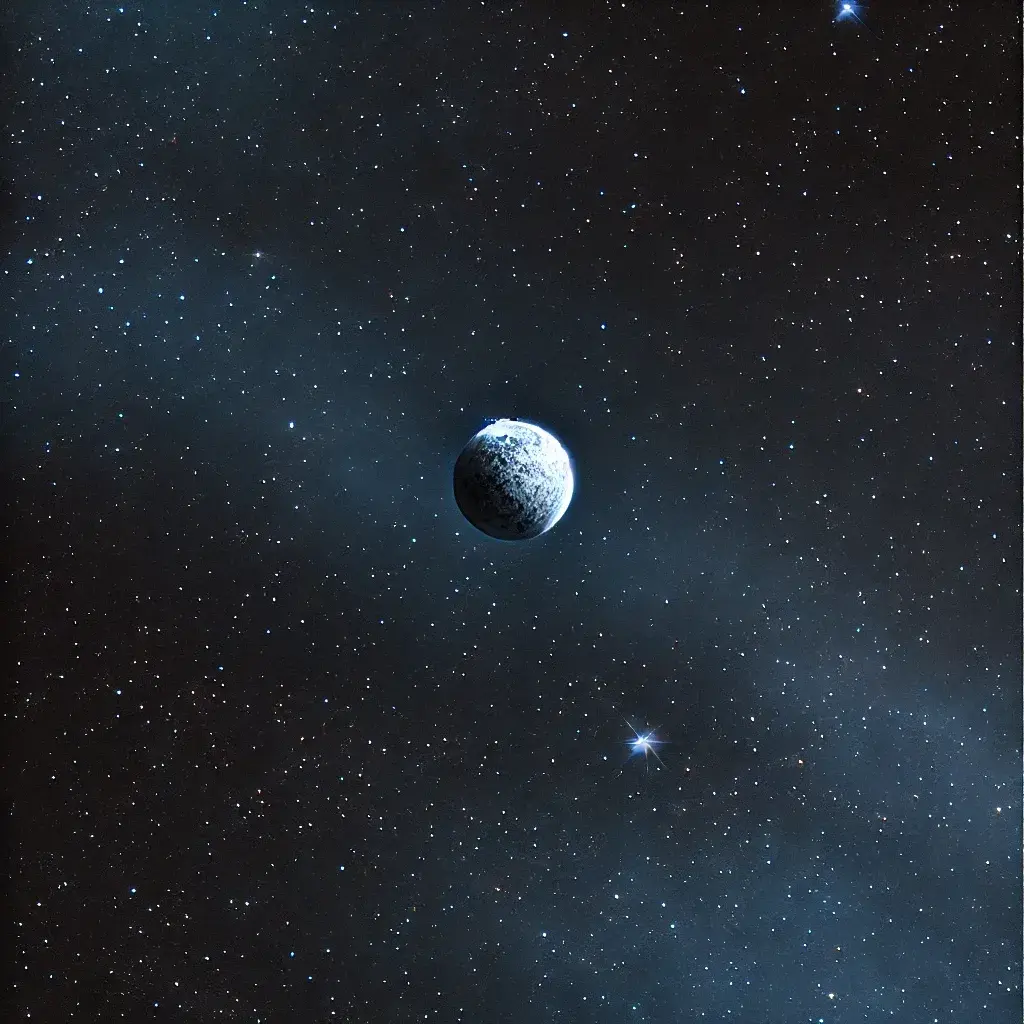I must admit that for a long time, I was unaware of the existence of Asimov's Foundation Saga, as well as his literary works in general. It was only later that I realized I had already encountered them without knowing—when I watched the movie I, Robot, without realizing that it was based on a book by Isaac Asimov. I remembered this film very well because its story was incredible, and it also featured my favorite actor, Will Smith. That’s why, when the Foundation saga was recommended to me, I immediately bought all the books and started reading as soon as I had the chance.
The Beginning of the Journey – Prelude to Foundation
Following the recommended chronological order, I began with Prelude to Foundation. I also decided to read only the books written by Asimov himself. I know there are other books written by different authors, but at this moment, I’m not convinced to read them. Maybe one day I will.
Coming back to Prelude to Foundation—it was an amazing experience to explore the world of Trantor, psychohistory, and the life of Hari Seldon. The structure of the novel is extremely engaging and captivating. The very concept of psychohistory also led me to draw many parallels with the ongoing AI revolution. The author touches on various themes, including political, sociological, cultural, and religious aspects, which can be easily related to our times.
Questions That Make You Reflect
The book raises many questions, and I have the impression that Asimov himself asked them in the real world and tried to answer them within the framework of the Galactic Empire he created, where no limitations constrained him. One passage, in particular, struck me—it concerns Trantor and life under its domes:
"Did native Trantorians miss the sun? Did they even think about it? When one of them visited another world, where the natural sun was visible, did they gaze at it, half-blinded, with fear? Why do so many people—he wondered—go through life without even trying to find answers to obvious questions... or even thinking about them? Is there anything more exciting in life than seeking answers?"
These questions are incredibly powerful, and it’s hard not to agree with them. Of course, not in reference to the Trantorians or the citizens of the Galactic Empire, but to ourselves. If we consider the last sentence—while I agree that searching for answers to pressing questions is incredible and absorbing, love and family seem (or at least should be) even more exciting for us. However, I feel that for most people, this is true, but for the greatest scientists, shouldn’t seeking answers to difficult questions be the most important thing? Without this, we probably wouldn’t have so many remarkable discoveries. It seems I am beginning to contradict myself...
Trantor – A World Like No Other
One of the most fascinating parts of the book for me was discovering the culture and inhabitants of Mycogen. Reading about its citizens, their cultural and historical distinctiveness, made me realize how vast Asimov’s imagination was. I must admit that the world of Mycogen left the strongest impression on me. It was astonishing how many details Isaac Asimov meticulously crafted when describing this unique society.
The Fascination with Asimov’s Universe
Asimov’s universe is so captivating that I devoured the book quickly, eager to continue with the next part. Reading Prelude to Foundation also made me curious about the author's life and history. To my surprise, Asimov was a scientist specializing in biochemistry. It seems to me that his scientific approach is reflected in his books, adding even more depth to them.
I was also astonished by how prolific he was as a writer. According to Wikipedia, Asimov, as an author and editor, wrote over 500 books and approximately 9,000 letters and postcards. He was one of the most prolific writers of all time—that’s truly impressive! Reading about how publishers pressured him to write more books for the Foundation saga made me a bit concerned, but after Prelude to Foundation, I must say that I didn’t feel that it was written just for the sake of it or forced in any way. On the contrary—it was an absolutely fascinating immersion into Asimov’s world and the Galactic Empire. I hope that the following books will only reinforce this impression.

